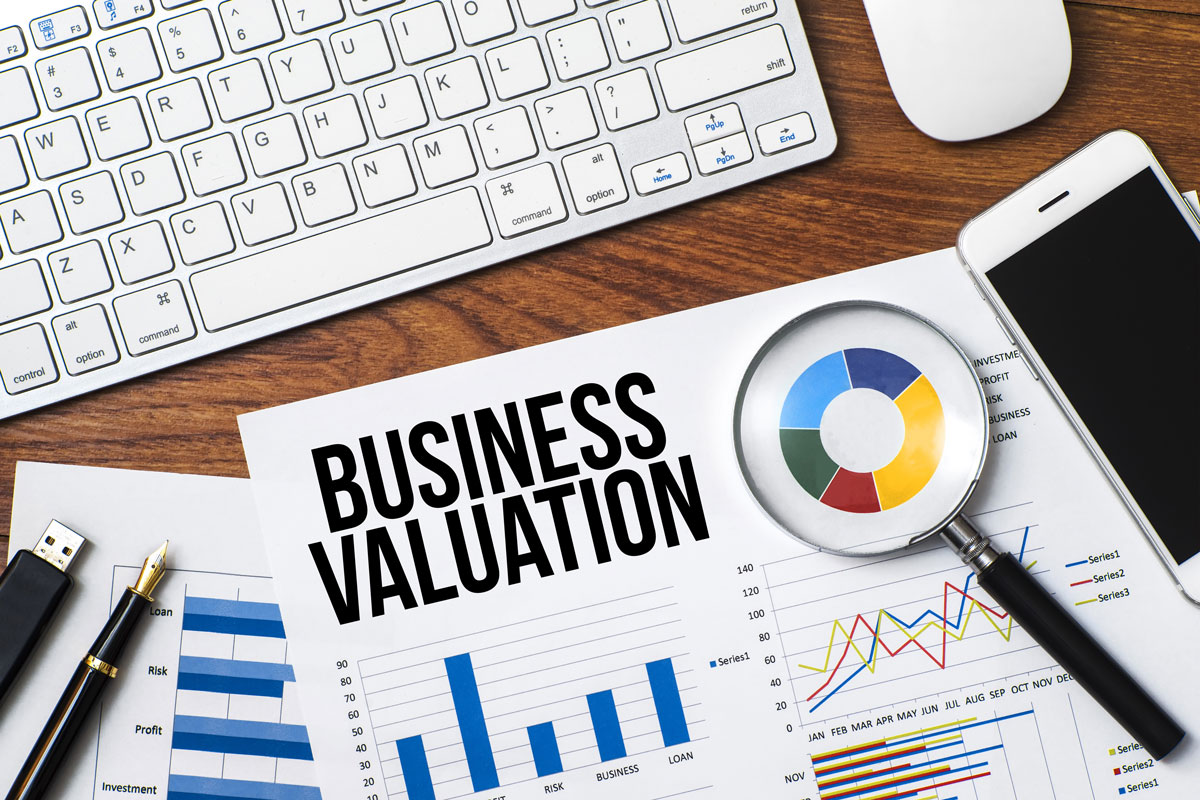How do you value a business? That’s one of the most important questions entrepreneurs have to answer when they’re buying or selling their company. Luckily, you don’t have to rely on guesswork—there are a few well-tested formulas that will help you estimate your business’s value as accurately as possible. In this article, we’ll take a look at three of these formulas, including the discounted cash flow model and the enterprise value approach, as well as how each can help you find the true value of your business and make the right decisions in your buying or selling process.
What Is An Intangible Asset?
When it comes to valuing a business, many people assume that tangible assets such as equipment, inventory, real estate and vehicles are all that matter. However, Intangible Assets (things like goodwill and patents) can also impact how much you’ve paid for your business if you want to sell or merge with another company. What are intangible assets? How do they affect your business valuation?

Trade Secrets
When valuing a business, traditional accounting metrics such as EBITDA (earnings before interest, taxes, depreciation and amortization) and net income are often used. While these two metrics are useful for many purposes, they don’t fully measure a company’s value to an acquirer. Put simply: what makes one business more valuable than another isn’t always reflected in numbers. If you want to understand How Do You Value A Business, you must also understand what actually drives value in a business and then know how to identify those factors when evaluating an opportunity. Read on…
Customer Lists
Any business that brings in a predictable amount of revenue has customers—and many businesses can gain access to their current customers’ contact information. That’s useful information because, while you might not have a competitive advantage when it comes to offering products or services, you have one thing most competitors don’t: your customer list. If a potential buyer knows that you already have customers lined up, they’re more likely to consider purchasing your company because of its future cash flow. When approaching your buyers about buying your business, point out how acquiring your business and continuing to sell products and services through existing channels will benefit them in the long run.
Goodwill
When you think of value, it’s natural to consider what a business is worth in terms of its market capitalization: how much investors are willing to pay for all its shares. While that number certainly matters, though, there are other factors to consider. For example, one of those factors is goodwill, which can be thought of as an intangible asset that’s not included in the market cap but can have significant value nonetheless. Consider these examples: This year, Microsoft acquired LinkedIn for $26 billion, and Salesforce bought Quip for $750 million—even though neither company was profitable at the time.
Conclusion
Two types of value that you need to focus on for a business: book value and market value. Book value is how much an owner invested in a company, and market value is what you can sell your shares for on public markets. As investors, we tend to put more weight on market value because it reflects what’s happening today (and likely tomorrow). After all, if you own 1% of Google and someone offers to buy your shares for $1000 each, do you say no? Not likely! This explains why most investors don’t pay too much attention to book values—it’s easier just to buy or sell stock in public markets where transactions are recorded in real-time.



